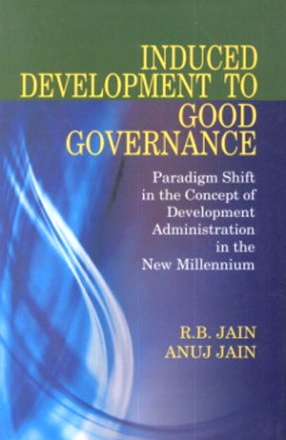
R B Jain

Showing all 9 books


The concept of Development Administration is a post World War II evolution within the discipline of public administration. Since its emergence in the early nineteen fifties, the subject of development administration has undergone veritable changes culminating into the now universally accepted concept of Good Governance with Equitable Development. A number of strategies have since been and are being devised to achieve its goals not only by the developing nations ...
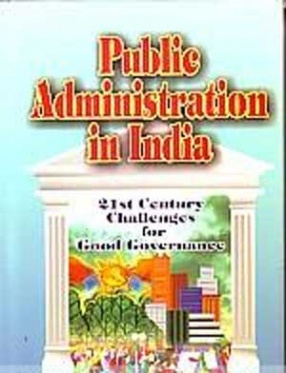

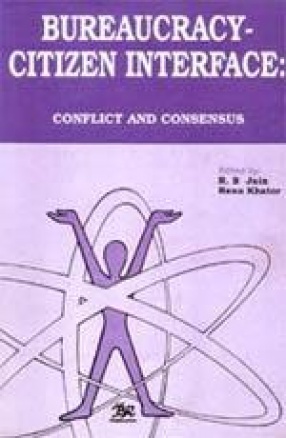
The relationship between citizen and bureaucracy the most visible instrument of Government has been a matter of speculation and concern for political philosophers, theorists, monarchs and administrators ever since the beginnings of the rudiments of a state. While some writers have conceived the relationship in idealistic terms resulting in the estabilishment of a plethora of rights and obligations both on the part of citizen and the state (acting through ...

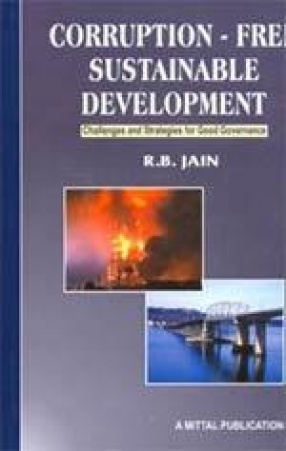
Despite various discursive and rhetorical appropriations of the term, the concept of sustainable development and its goals remain contested and elusive. However, in modern times the application of the term has broadened considerably, not only to include the original dominant discourse of the 1987 WCED Brundtland Report of environmental politics and policy, but a strong commitment to a number of normative principles of good governance. The present book which is ...
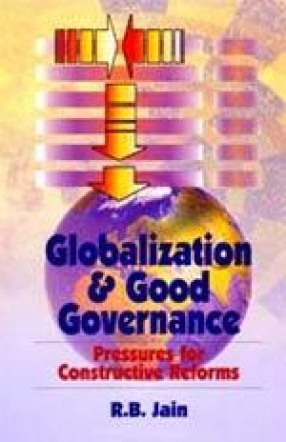
A number of scholars of political economy and some World Bank officials has suggested-somewhat provocatively-that contrary to widespread pessimism regarding the effects of globalization on nation states and the quality of governance in developing countries, several of its features can be made instrumental, and be beneficial, in terms of public policy making and state capability. Four “constructive pressures†stemming from globalization could be seized ...


